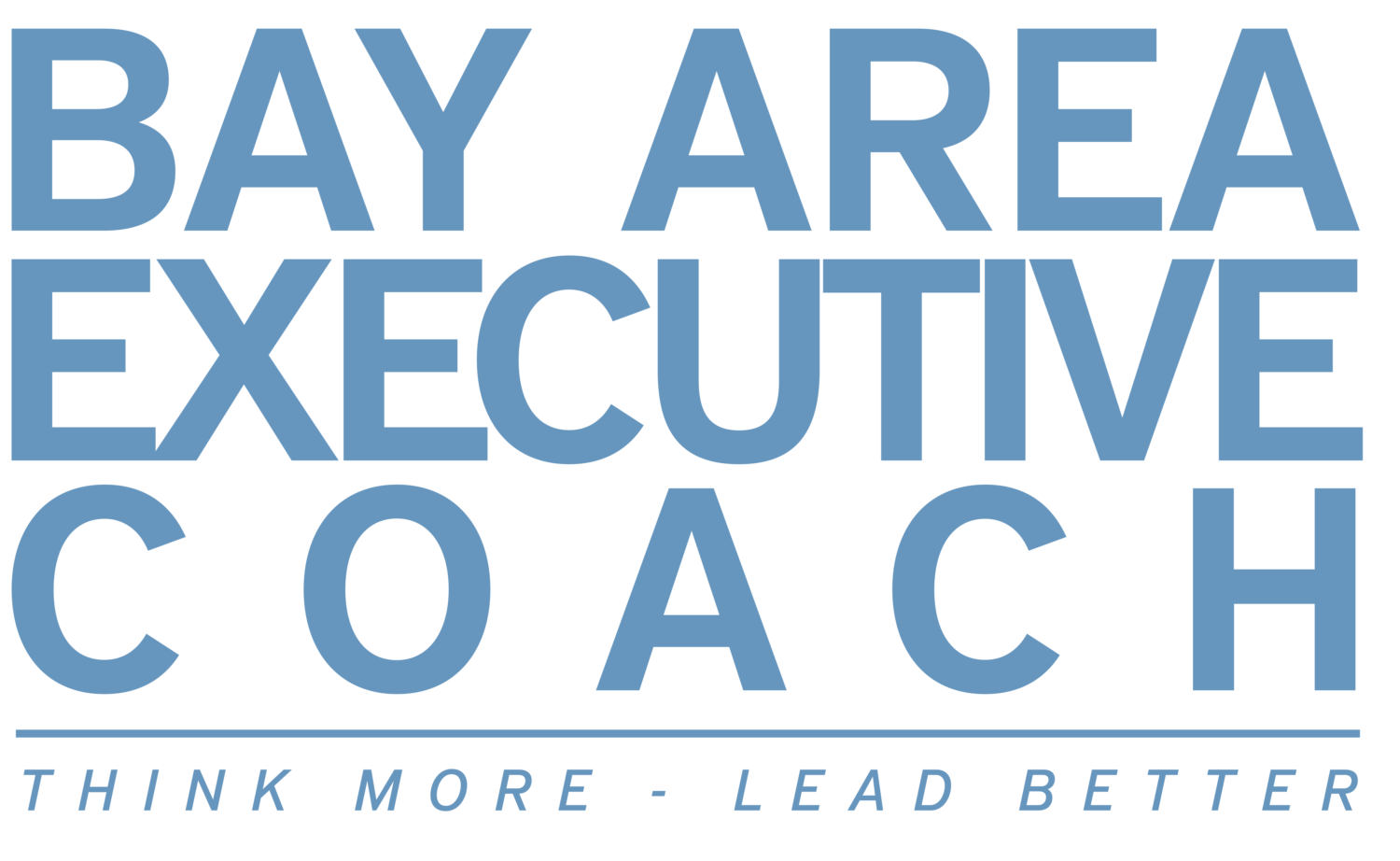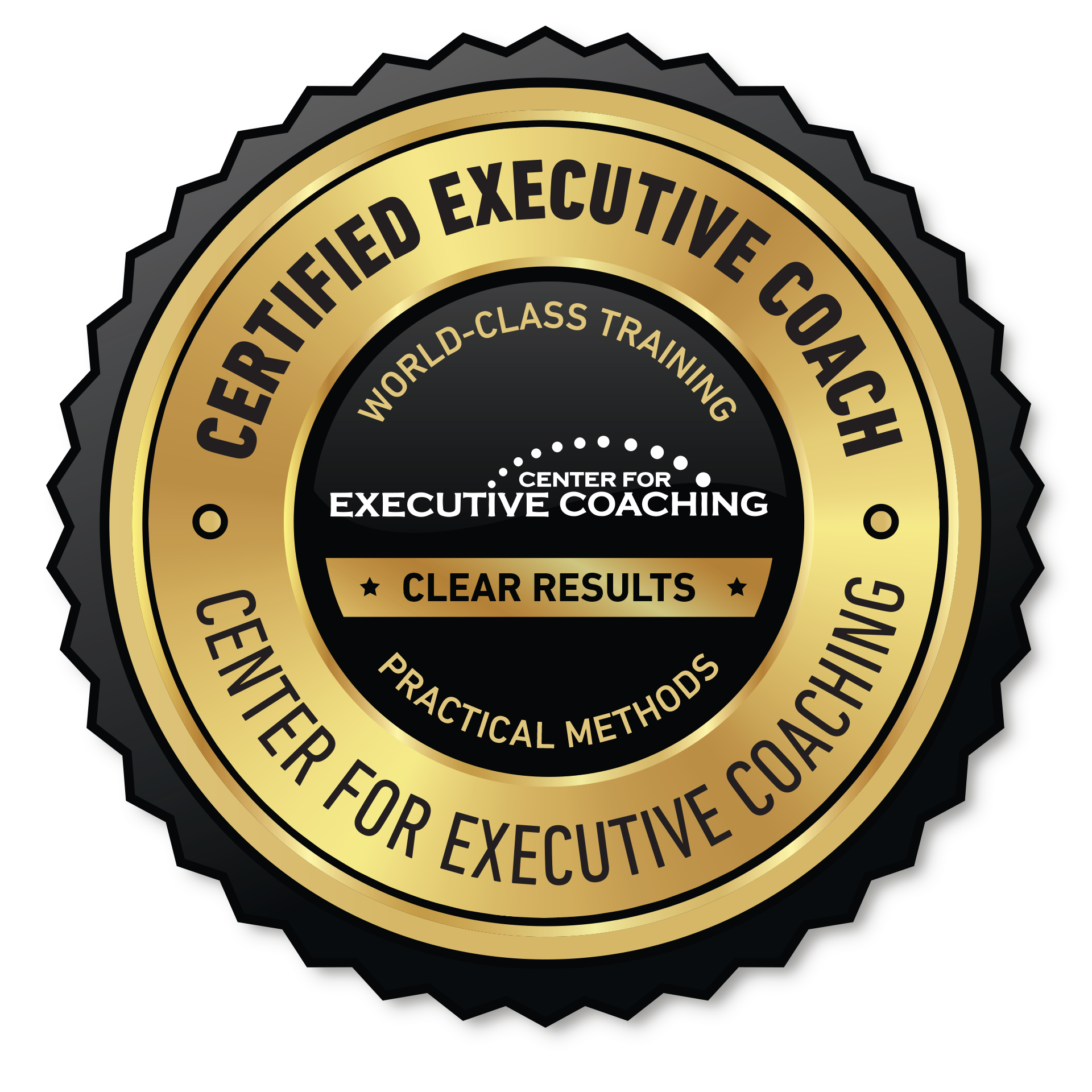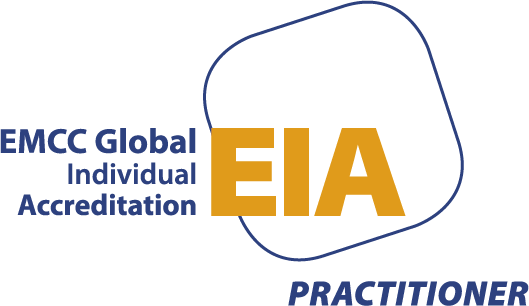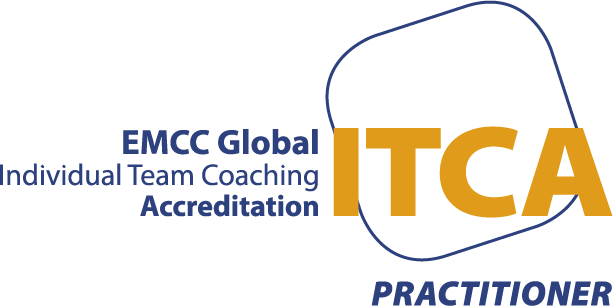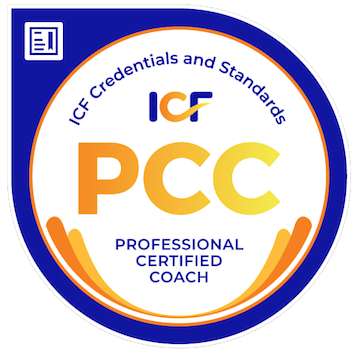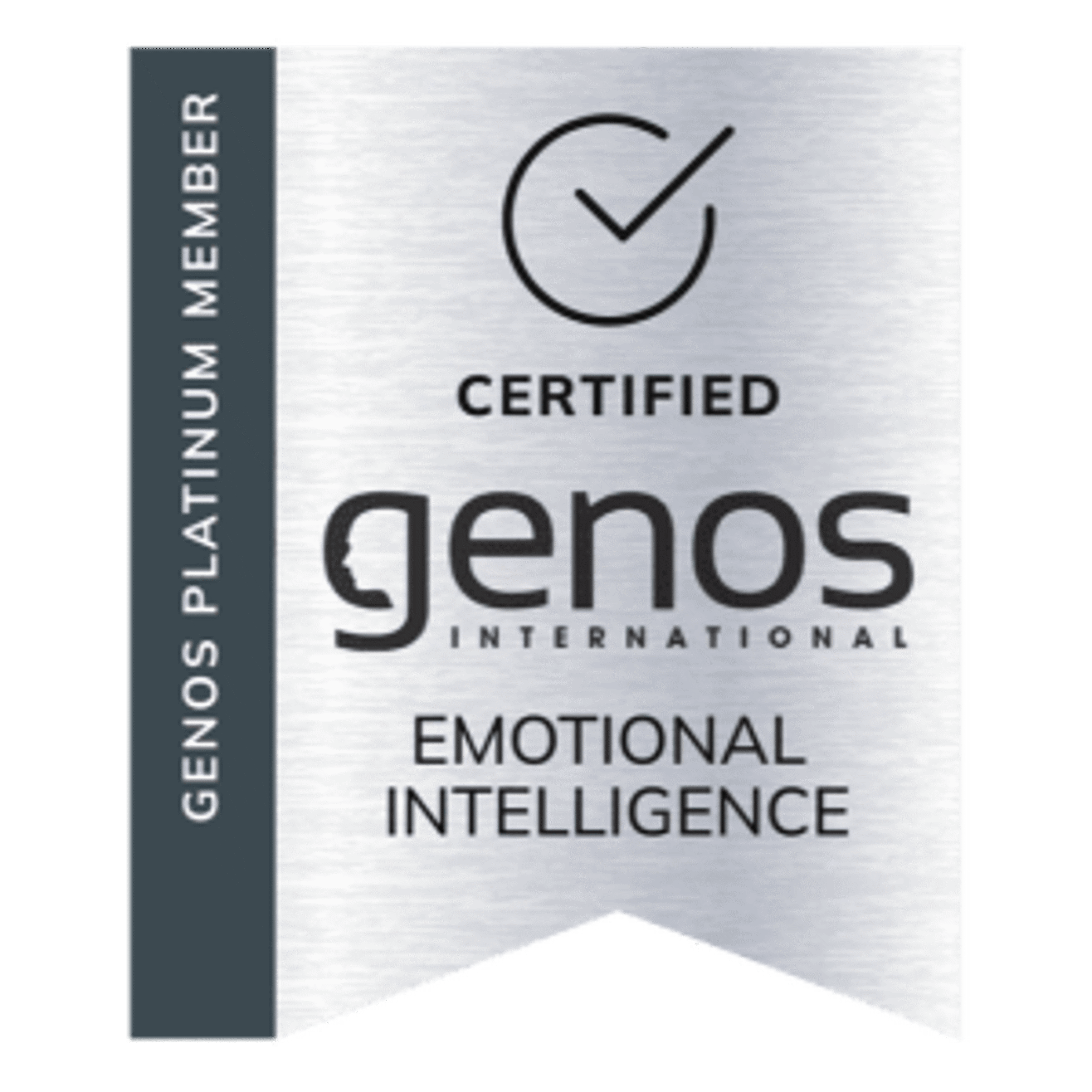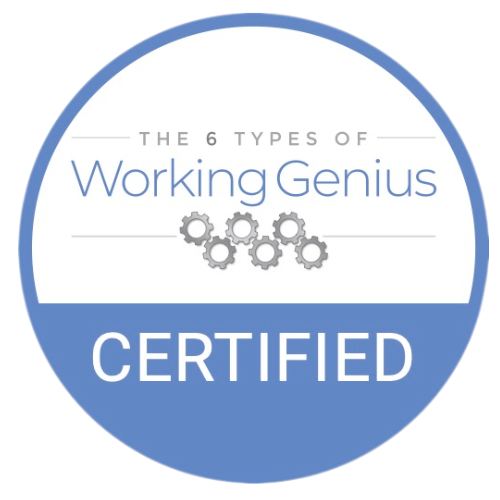Leading with Emotional Intelligence
Time and time again you hear that leaders aren’t born, they are made. This is why the best leaders take time to develop their skills across communication, decision-making, and more.
However, one area that is often overlooked is emotional intelligence.
Emotional Intelligence (often abbreviated EI/EQ) is defined as “the capacity to be aware of, control, and express one’s emotions, and to handle interpersonal relationships judiciously and empathetically.”
Today, it’s more important than ever before to lead with emotional intelligence in the workplace.
What it Means to Lead With EQ
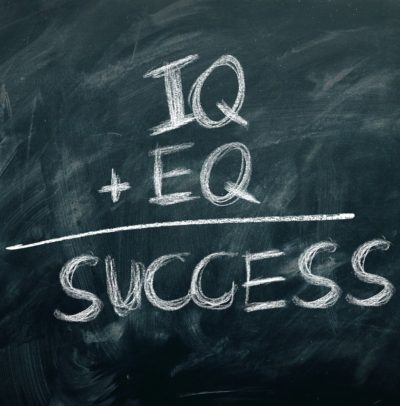
Some business leaders are sorely lacking in EQ, and they see the effects of this in almost every aspect of their careers. With the inability to express their own emotions, these leaders may struggle with their working relationships. At best this can create an uncomfortable work environment, and at worst, a hostile one.
At the same time, not being able to understand the emotions of other team members can lead to a breakdown of communication and hinder productivity.
Learning to lead with emotional intelligence is beneficial for your business. It builds trust among team members and can enhance employee engagement and retention. An emotional intelligence leadership coach can teach you how to resolve conflict, increase accountability, and improve communication skills all with a positive attitude.
How Leading with Emotional Intelligence Coaching Works
How to coach emotional intelligence is never one-size-fits-all. From our experience, we’ve found that leaders often fall into two categories:
- Leaders who lack EQ: For leaders like this we provide executive coaching for emotional intelligence that helps them to understand EQ and its value in the workplace. We coach them to start using EQ effectively to increase or improve working relationships with everyone they interact with. These leaders will come to know the essential role EQ plays in improving working relationships, fostering better collaboration, and empowering innovation.
- Leaders who have EQ: There are also leaders who already understand the role of emotions in the workplace and have high emotional intelligence, but don’t grasp the full range of situations where EQ may apply; areas such as effective leadership, relationship management, self-awareness, authenticity, influencing someone else’s emotional state, and emotional reasoning. These leaders may be strong in one area of EQ, but weaker in others.
For these leaders, our coaching targets areas of improvement and provides the knowledge necessary to realize the full value of leading with emotional intelligence.
Wherever you stand in your understanding and authentic application of Emotional Intelligence, our focused coaching will strengthen your ability. This will help you to be a leader who inspires others and increases employee engagement.
Leading with Emotional Intelligence Focus Areas
Leading with emotional intelligence coaching focuses on four key components of emotional intelligence.
- Self-awareness: Understanding your strengths and weaknesses as a leader.
- Self-management: Managing your emotions and maintaining a positive outlook.
- Social awareness: Recognizing other people’s emotions.
- Relationship management: Interacting with others and resolving conflict.
All of these are important components of being an effective leader in the modern workforce.
Contact us to learn more about how our EQ-focused coaching can help you or schedule time directly on our founder’s calendar.
Are you looking for a group training program focused on emotional intelligence? We have those, too. Please visit this page to learn more about our group training options.
Photo copyright: Featured photo is from ©Geralt via Pixabay. Photo graphic on header is from ©heyengel via iStock. Photo graphic on footer is from ©Jared Erondu via Stocksnap.
